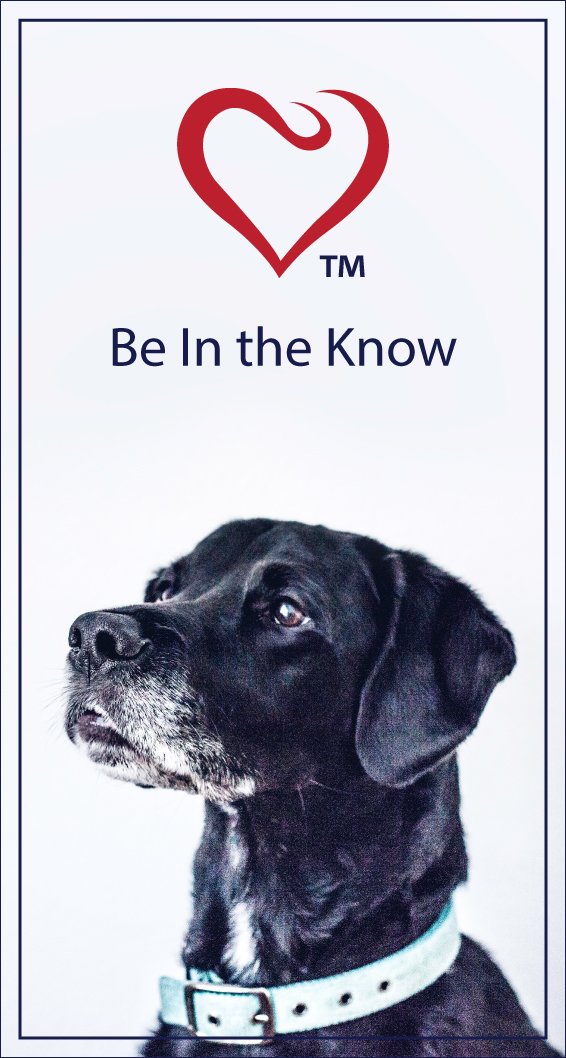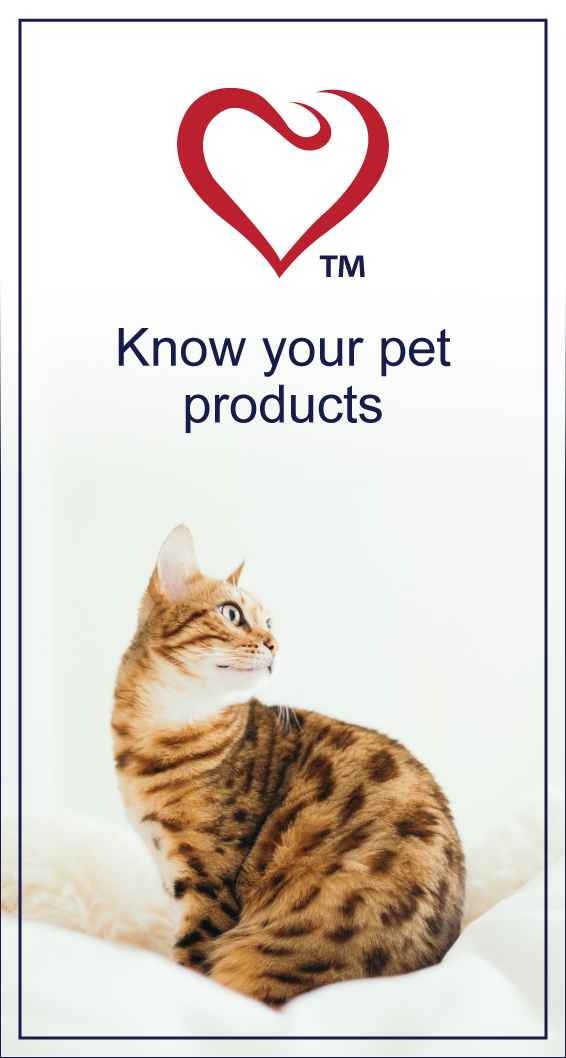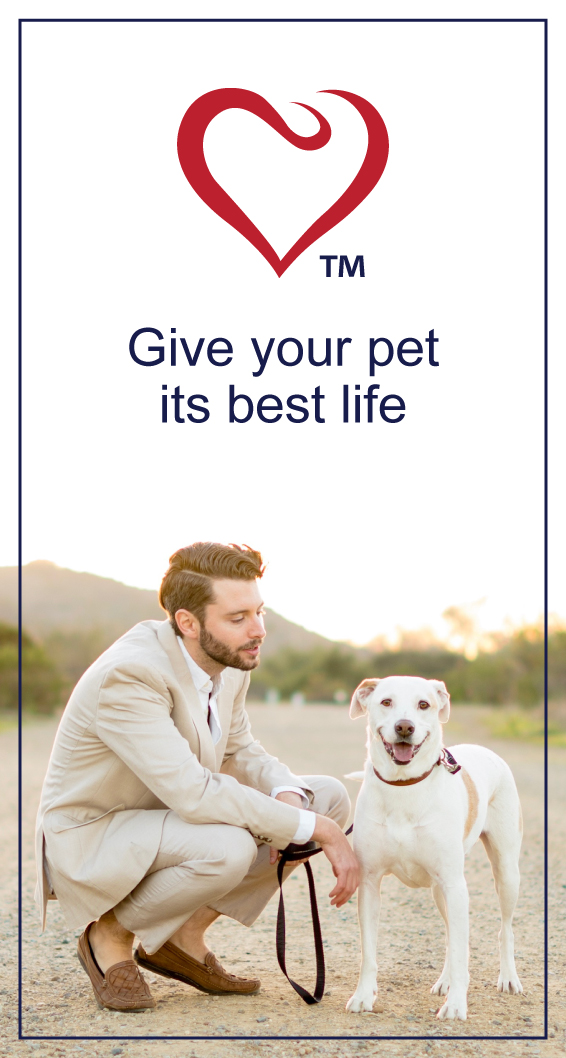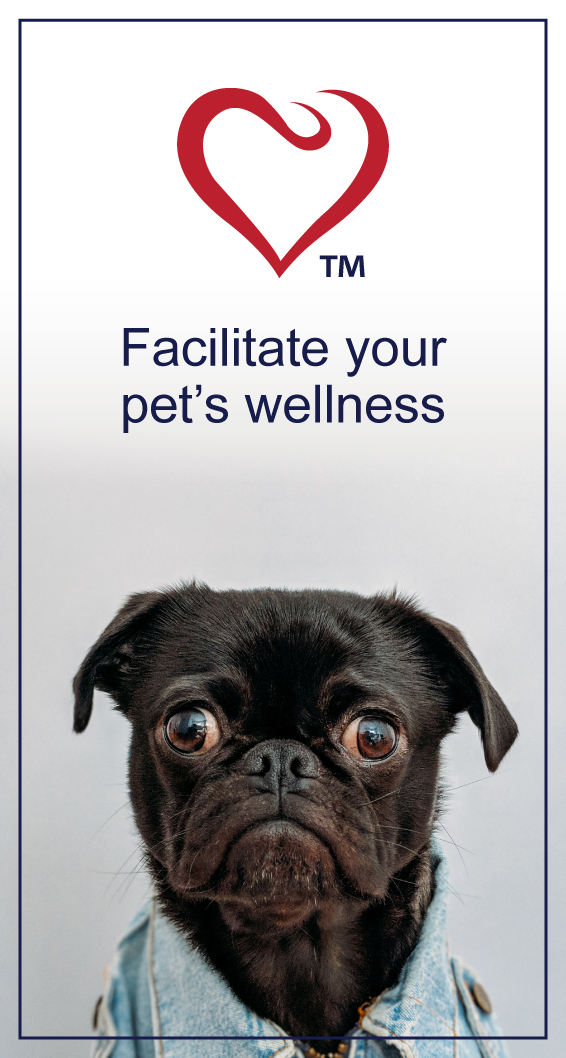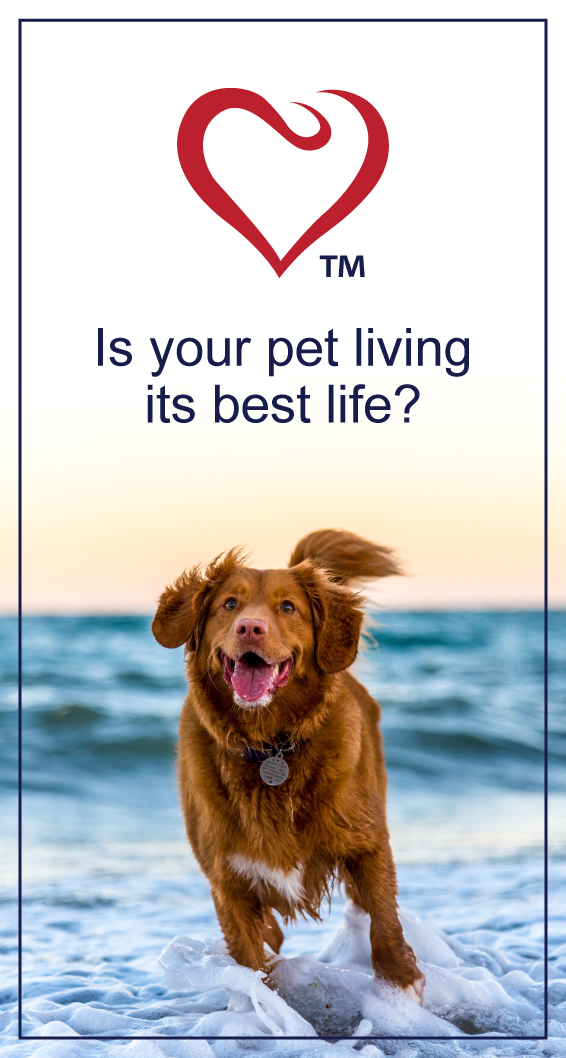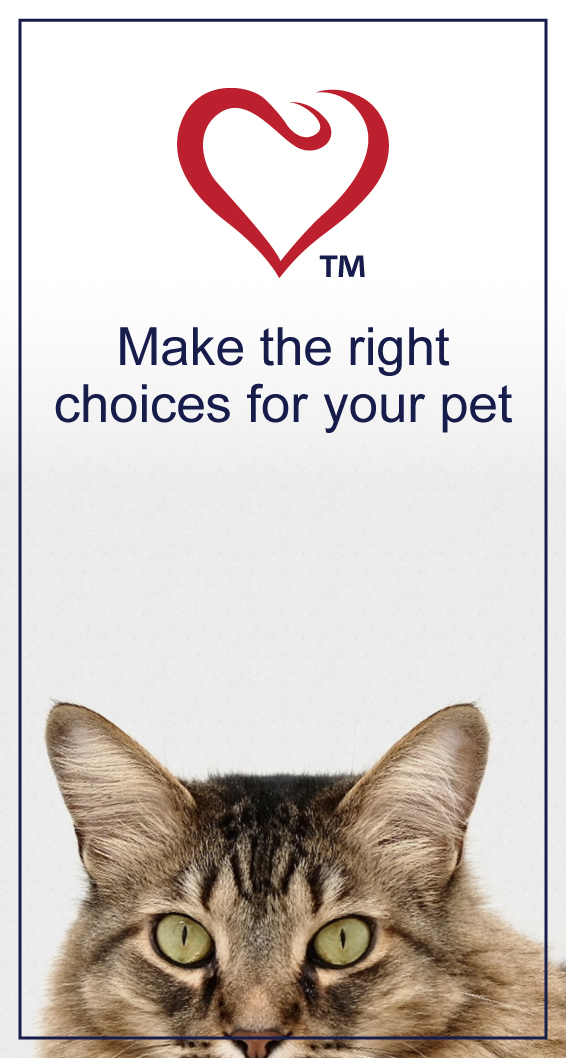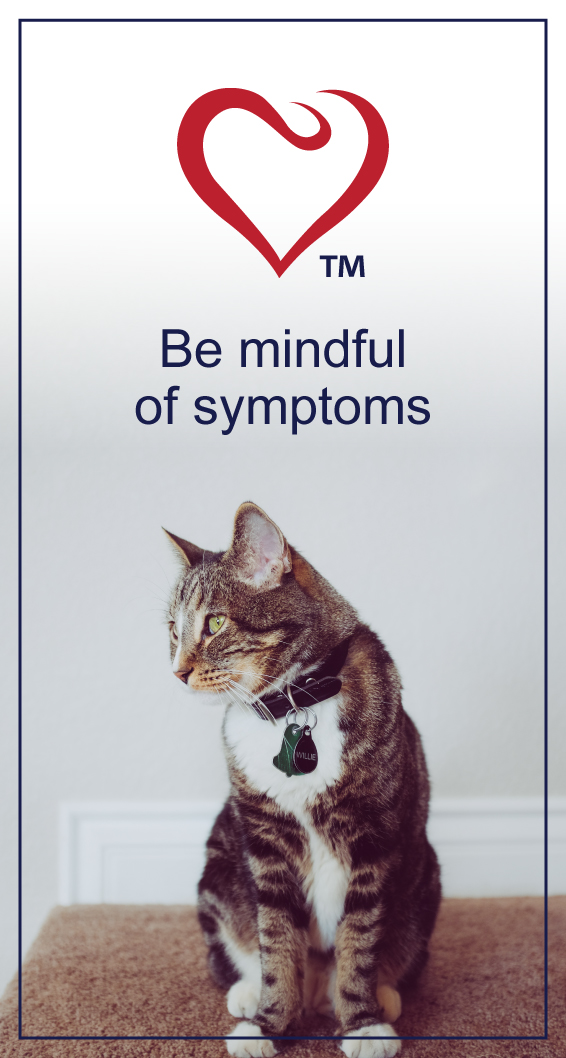
TRENDING
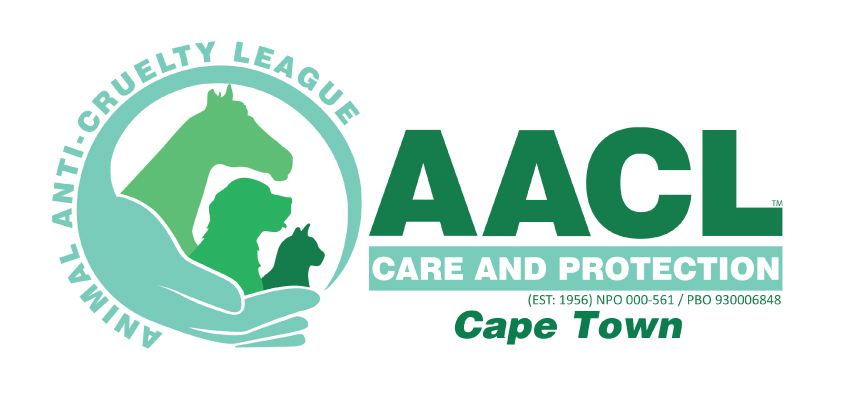
We’re excited and honoured to feature South Africa’s second largest independent animal welfare organisation on PetlifeSA.
Pet Immunisation

August is National Vaccination Awareness Month, raising awareness about the importance and timely immunisation of pets and the value of booster shots to keep pets safe from diseases such as Rabies, Canine Distemper, Bordetella bronchiseptica, Leptospirosis, Feline Leukaemia Virus and Chlamydia felis. It is essential to vaccinate your pet and to know what basic vaccines and immunisations are necessary and when to have them administered.
Pet immunisations are divided into two basic groups, core and non-core vaccines. Core vaccines are essential for your pet, whereas non-core vaccines are for diseases that only occur in certain circumstances or area of the country and depend on your pet’s lifestyle (i.e. if they often board at a kennel with other animals).
CORE VACCINES FOR DOGS:
1) CPV, CDV & CAV-2
- Initial puppy vaccination: 6 weeks, 9 weeks, 12 weeks; veterinarians may suggest to vaccinate again at 16 weeks and perform serological testing to confirm protective titres thereafter
- Re-vaccination recommended: booster at 6 – 12 months of age; thereafter every third year
- Initial adult vaccination: two doses, 3 weeks apart
Canine Parvovirus (also referred to as CPV, CPV2 or parvo) is a highly contagious virus, causing gastrointestinal illness in puppies and young dogs and without treatment, potentially deadly.
Canine Distemper Virus (CDV) is known to be an air-born virus and highly contagious. Infection can spread through moist breath, saliva, urine and feces.
Canine Adenovirus (CAV-2) is related to the hepatitis virus, canine adenovirus type 1 (CAV-1) and is a contagious disease of the respiratory tract of dogs and spread through exposure to an infected dog’s urine, saliva or feces. CAV-2 is one of the causes of canine cough. If left untreated, it can be fatal.
It is common for veterinarians to administer vaccines for parvovirus, distemper virus and adenovirus as a three-in-one vaccine.
2) RABIES
- Initial puppy vaccination: 12 weeks; 4 to 12 months of age
- Re-vaccination recommended: every 3 years; when pet is likely to travel, recommendation should be annually
- Initial adult vaccination: single dose
Rabies is usually a fatal disease that attacks the central nervous system in pets. Rabies (a zoonotic disease) is mainly spread to people through the bite of rabid dogs or close contact with an infected animal’s saliva via bites or scratches. A puppy must be at least 12 weeks of age to receive a rabies shot.
Rabies vaccination is required annually in some parts of the country, e.g. KwaZulu-Natal.
3) PARAINFLUENZA
Canine parainfluenza virus (CPIV) is a highly contagious respiratory virus and one of the many viruses that can cause kennel cough in dogs. The parainfluenza virus is highly contagious and commonly develops in situations where a lot of dogs are in close proximity to each other. Although the respiratory signs may resemble those of canine influenza, they are unrelated viruses and require different vaccines for protection. It forms part of the 5-in-1 vaccinations, i.e. parvovirus, distemper, parainfluenza, canine adenovirus and infectious canine hepatitis.
NON-CORE VACCINES FOR DOGS:
Non-core vaccines for Bordetella bronchiseptica and Leptospirosis are highly recommended. Discuss your dog’s situation with your veterinarian as many dogs won’t require non-core shots, depending on their breed, age, lifestyle habits and location.
CORE VACCINES FOR CATS:
1) FPV, FHV-1 & FCV
- Initial kitten vaccination: 6 weeks, 9 weeks, 12 weeks; thereafter veterinarians may suggest vaccination again at 16 weeks and perform serological testing to confirm protective titres thereafter
- Re-vaccination recommended: booster at 6 to 12 months of age; thereafter every year in cats with high risk and every third year in cats with low risk
- Initial adult vaccination: two doses, three weeks apart
Feline Panleukopenia Virus (FPV)
The feline panleukopenia virus is a highly contagious disease and often fatal. Felines of all ages require vaccination as FPV can exist in the environment, in contaminated water and food bowls, and among feral cats.
Feline herpesvirus (FHV, FHV-1) is a highly contagious virus that is one of the major causes of cat flu or upper respiratory infection (URIs) in cats.
Feline Calicivirus (FCV)
FCV causes an upper respiratory tract infection in cats and characterised by sneezing and nasal discharge and in more extreme cases mouth ulcers, pneumonia and joint disease. Vaccination is considered mandatory as felines can become chronic carriers of FCV. Vaccination for FCV follows the same protocol as FPV.
It is common for veterinarians to give vaccines for FPV, FHV-1 and FCV together.
2) RABIES
- Initial kitten vaccination: 12 weeks and again at 4 to 12 months of age
- Re-vaccination recommended: every 1-3 years depending on whether the cat is likely to travel
- Initial adult vaccination: single dose
Rabies is also fatal in felines and can be passed on to humans (zoonotic). Cats with rabies experience the same symptoms as dogs with rabies.
NON-CORE VACCINES FOR CATS:
Non-core vaccines for Feline Leukemia virus, Bordetella bronchiseptica and Chlamydia felis are only given where there is an increased risk to your kitten or cat (i.e. if your cat roams outside and encounters other cats). Discuss your cat’s situation with your veterinarian.
If you are concerned about over-vaccinating your pet, consult with your veterinarian about a titre test. A blood sample is taken from your pet and examined in the laboratory for evidence of an acceptable immune response to certain diseases. If satisfactory vaccine titres are present, vaccinations might not be necessary at that time.
Vaccinations are essential but each pet’s vaccination programme needs to be determined with help from your veterinarian after looking at the pet’s life stage, health status and risk factors.
Related Articles
